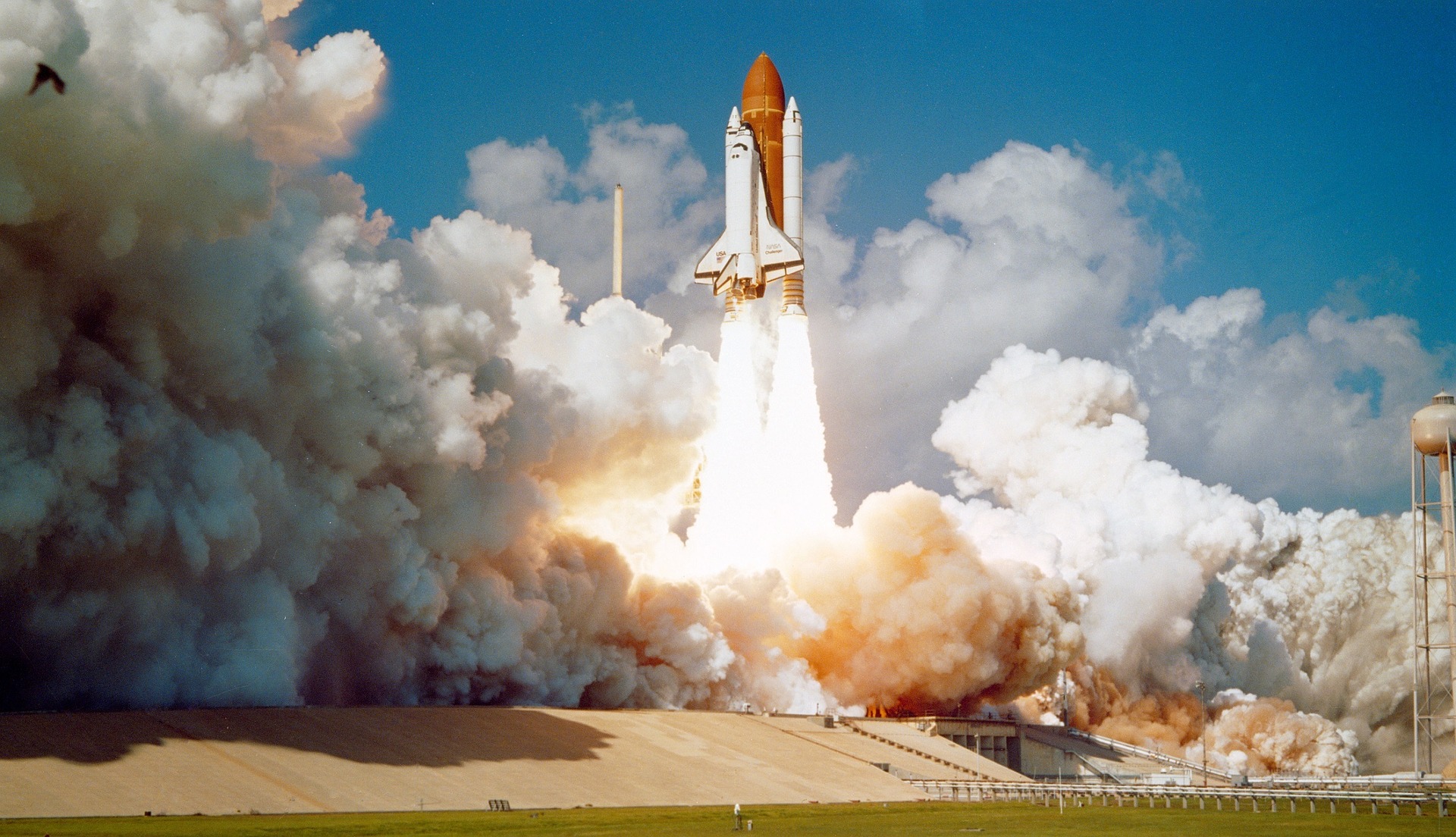July 30 saw the launch of the Mars 2020 mission, the latest to the Red Planet. The mission aims to explore the Jezero Crater region with the next generation of rover, Perseverance. It’s exploration of the Red Planet will continue to push the boundaries of knowledge and science, following in the footsteps of the rovers before it: Spirit, Opportunity, and Curiosity.
There are several aims to this mission: to search for signs of microbial life, advance our understanding of Martian habitability, geology, and climate, and test new technologies for future human exploration missions. Getting this mission to where it is, from concept to Mars transit, has taken significant effort and has shown the qualities of imagination, problem solving, and willingness to take risks and to learn. While this mission is an important one for exploring our solar system, it also has lessons valuable to the profession of arms and the intellectual edge.
The Mars 2020 mission is filled with new technologies, ranging from new Entry, Descent, and Landing technologies to help the rover land more accurately and to avoid dangerous terrain as well as trialling new capabilities critical to preparing for human exploration of the Red Planet, such as oxygen extraction from Mars’ 96% carbon dioxide atmosphere and attempting to fly in an atmosphere less than 1% the density of Earth’s with a helicopter drone called Ingenuity.
From NASA’s website, “[e]ach Mars mission is part of a continuing chain of innovation. Each relies on past missions for proven technologies and contributes its own innovations to future missions. This chain allows NASA to push the boundaries of what is currently possible, while still relying on proven technologies.”
When it comes to the military, Perseverance is the physical embodiment of the things that we also strive for. The future of war demands that we continually innovate and refine our art; that we take risks to challenge the status quo and learn from those risks; that we apply imagination to frame and solve tomorrow’s problems; that we continue to push the boundaries of knowledge in our profession to make us smarter and better warfighters.
These elements are also aspects of the Intellectual Edge. We go to Mars because we are curious to learn more about our sister planet and to explore new opportunities for humankind. We devise imaginative and ingenious ways to travel and arrive there safely. We accept mission failure and success as means to learn for the next mission.
To some degree, we need to think like rocket scientists (and yes, there is a book out there with a suspiciously similar title that I think is well worth reading). Each action we take as part of our professional lives is part of a continuing chain of development. We rely on previous experience to overcome new challenges, each of which contributes to our growing repository of knowledge and pushing the boundaries of our ability.
On a related note, Mars 2020 should remind us of the importance of space, both in general and to the military. We are heavily invested in and reliant on the space domain, and the cyber domain, which to a large degree enables our access to space. Mars 2020 is also a reminder about autonomous systems and their emerging role in the future of warfare. Many space technologies are dual use, and advancements here may be relevant, as concepts or applications, to the profession of arms.
Although this latest Mars mission is one of peace and exploration, the same principles that led to this rocket launch event can make us better professionals. It’s also a reminder that we need to continue to pay attention to and explore emerging technologies and ideas across all domains. I’m excited to see what Perseverance will uncover on Mars when it arrives in February next year, and as an aviation nerd, Ingenuity is something I will be keeping a close eye on…
About the Author: Chris Wooding is a Trainee Officer in the Australian Army studying at the Australian Defence Force Academy. You can continue the discussion with him on Twitter @cr_wood1.

